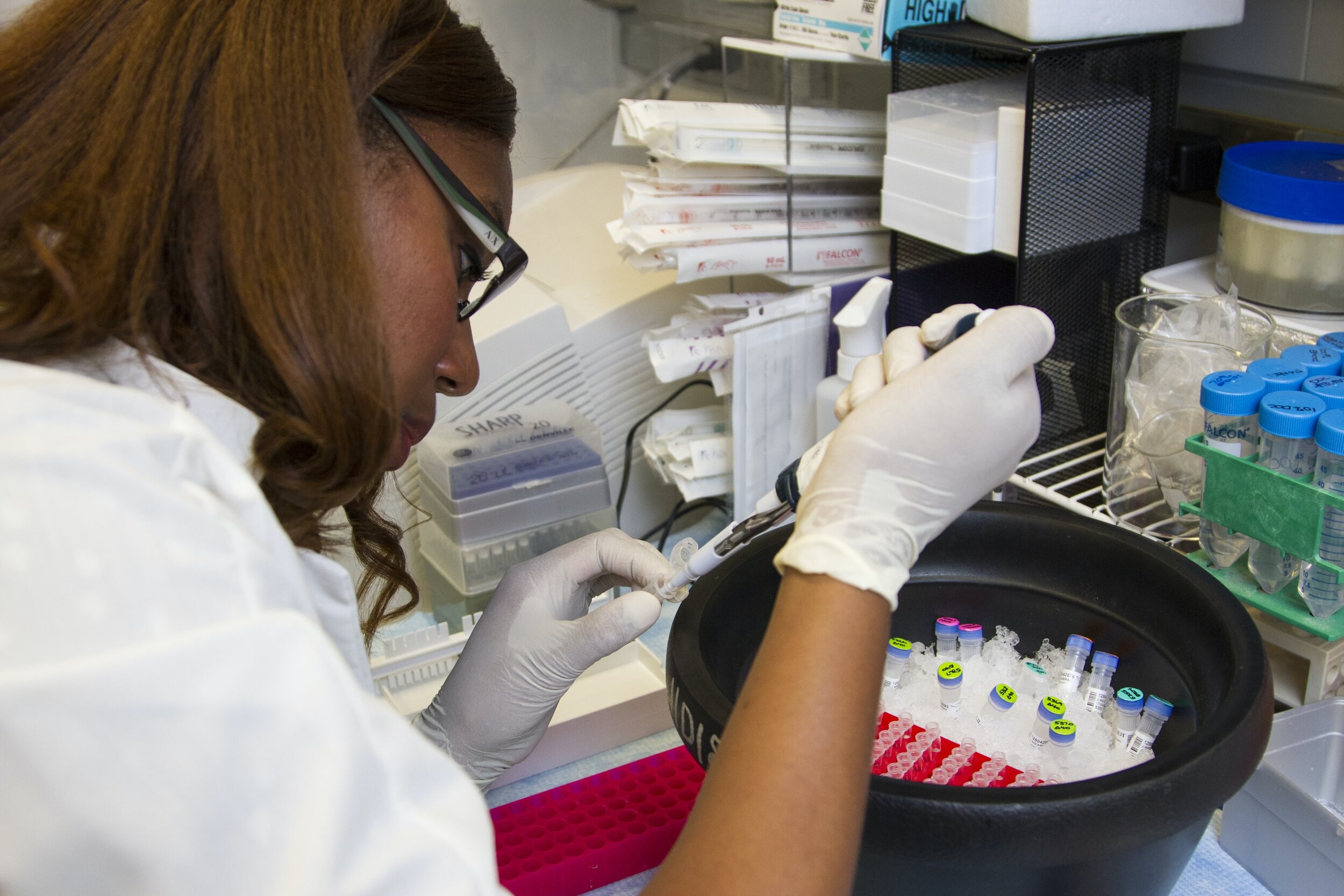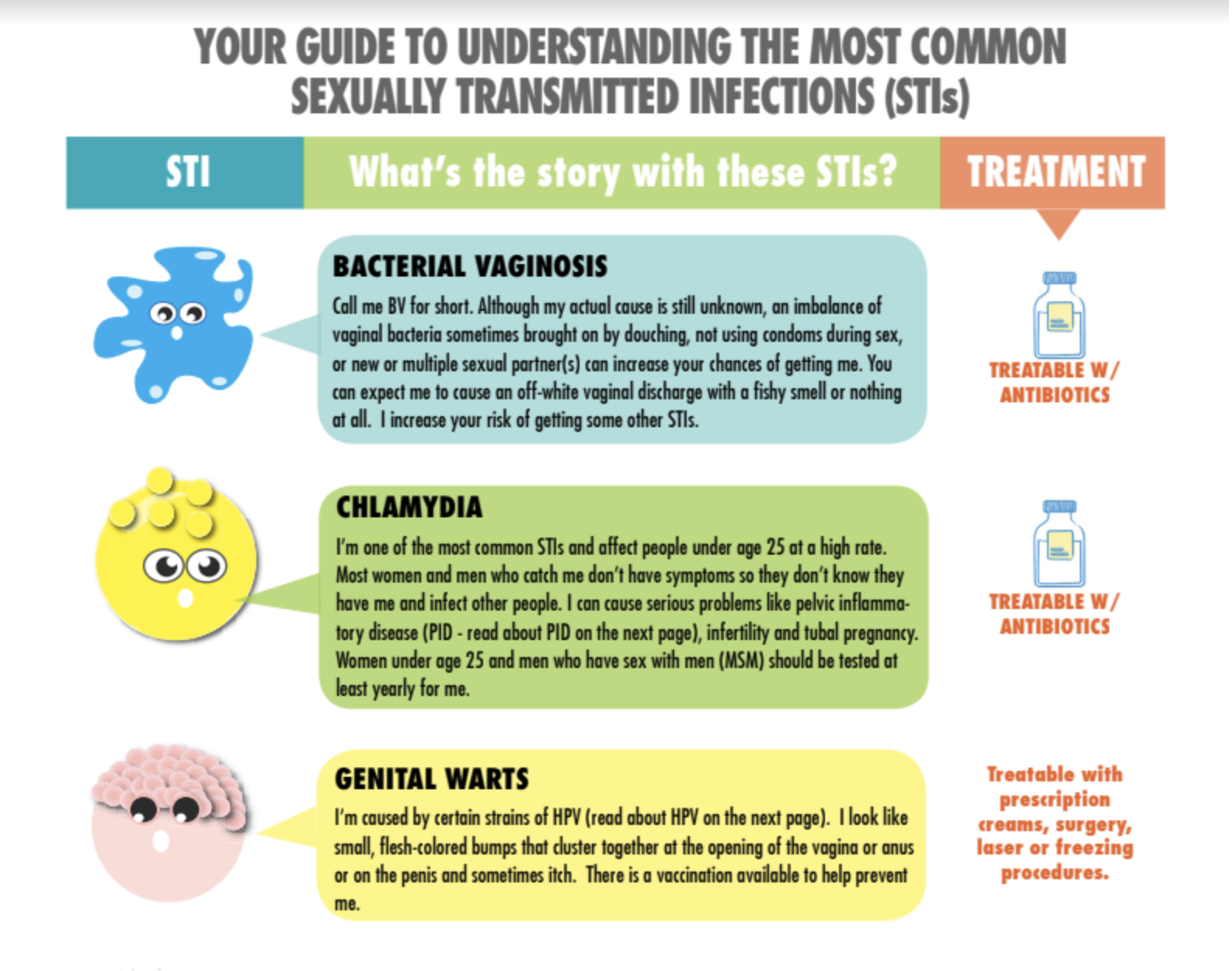Sexually Transmitted Infections (STI)
We offer comprehensive STI testing services to ensure your sexual health and well-being. To schedule a test, please reach out to us. Our team is here to assist you with the process and answer any questions you may have regarding testing options and follow-up care. Your health is important to us, and we are committed to providing you with the support you need. Have the Contact Us button after the statement and also our phone number 727-826-0958.

- Making an appointment for these services
- HUHU locations where people can receive HIV and Hepatitis C testing
- If you would like Help-Us Help-U to offer testing services at your location for an event or in partnership,
please Contact us
Info sheet on Sexually Transmitted Infections:
The only way to know for sure if you have a sexually transmitted infection (STI) is to get tested.Many STIs don’t have any symptoms or only have mild symptoms, so you could have an STI and not know it. If you don’t have symptoms, it’s best to wait at least seven weeks after having unprotected sex before getting tested.
Getting tested for STIs is important because:
Treatment
Treatment can help you recover and prevent long-term issues like organ damage, fertility problems, and some cancers.
Protect your partners
If you test positive, you can tell your partners so they can get tested and treated.
Pregnancy
An untreated STI during pregnancy can pose health risks for you and your fetus.
What are STDs #FactCheck
Some groups are at higher risk of STIs and should get tested regularly, including:
- Women under 25 who are sexually active
- Women who have new or multiple sex partners, or a partner who has an STI
- Men who have sex with men or are bisexual
- People who have unprotected sex People who use intravenous (IV) drugs
- Pregnant people
Infosheet:
YOUR GUIDE TO UNDERSTANDING THE MOST COMMON SEXUALLY TRANSMITTED INFECTIONS (STIs)

